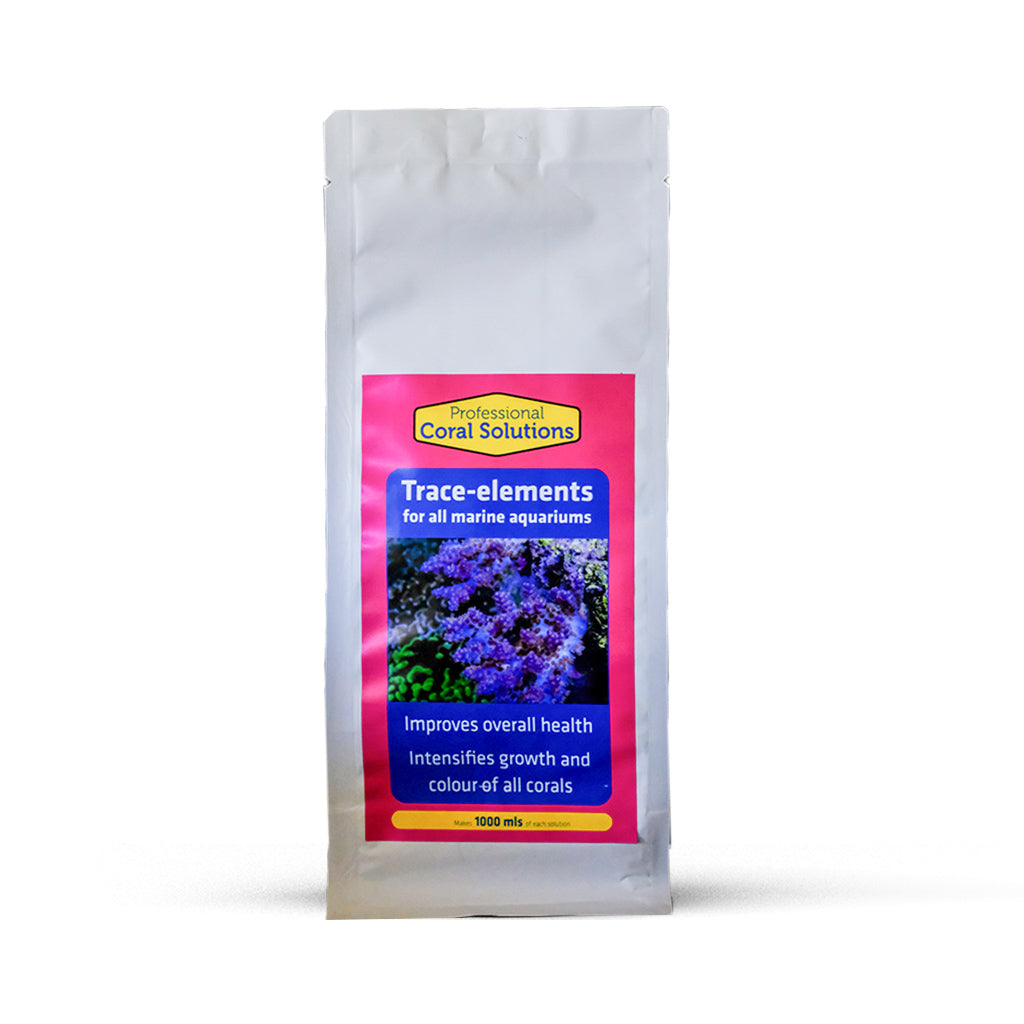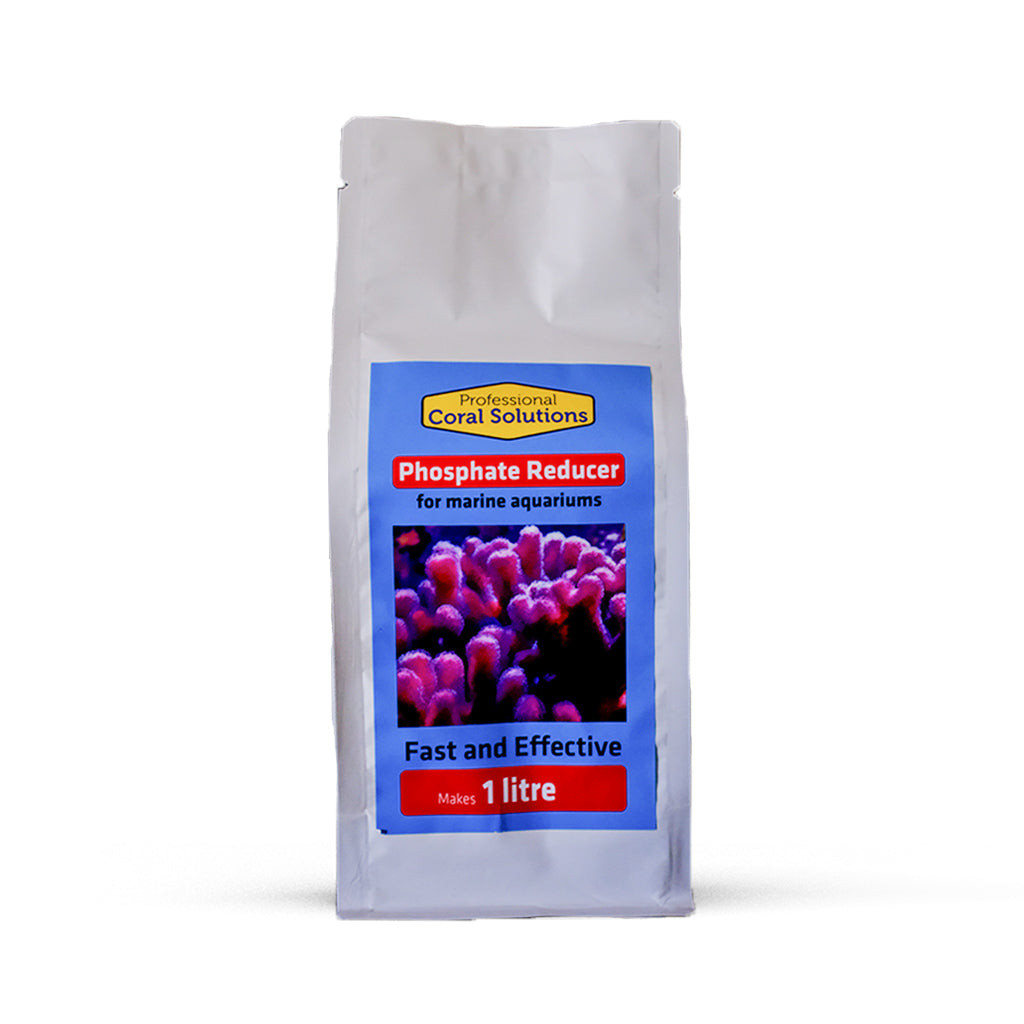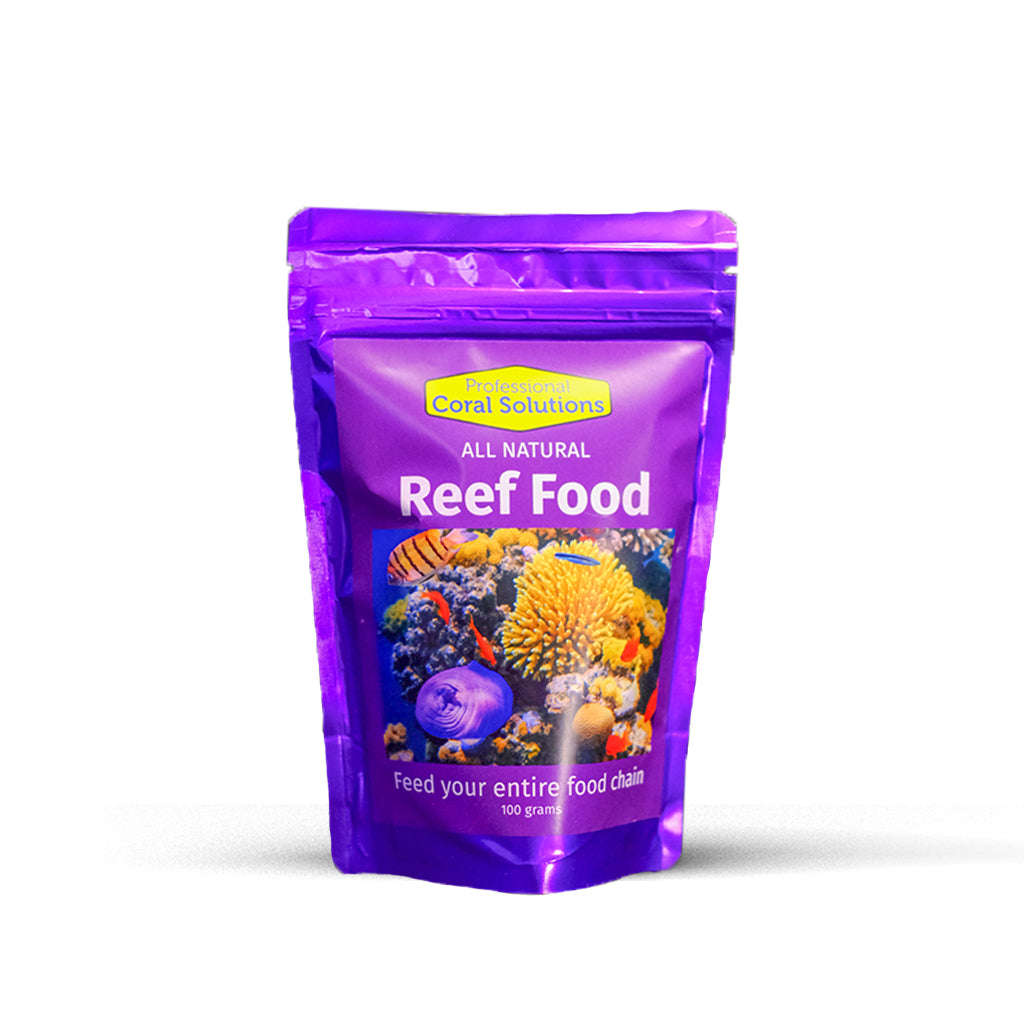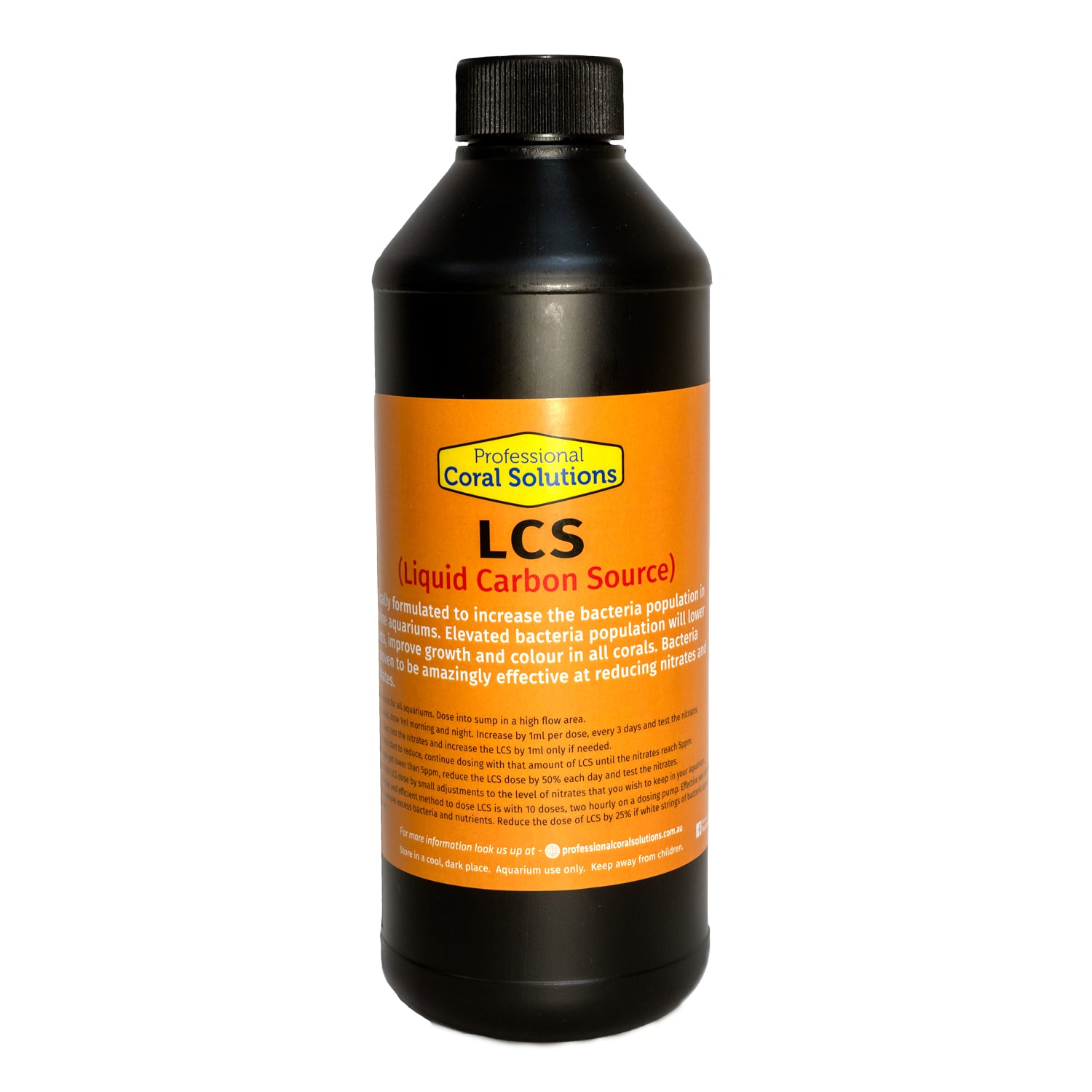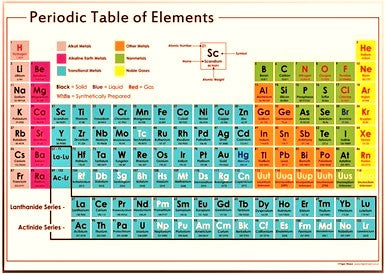Over the last 15 years, we have seen the increase in companies promoting total ‘reef keeping’ programs.
I have used both Zeovit, RedSea programs for an extended period, but never achieved the results that they were promoting.
These programs have many products that costs a small amount for each bottle. Some products focus on reducing nutrients and some products suppling some of the basic elements that corals need to colour and grow. If you want a great looking aquarium that you see on their advertising, you need to use all their products. The total cost of all those products is huge. If you have a system that is over one thousand litres, these programs will cost you a small fortune. This is great business model for them.
Now days, we have many ways of keeping nutrients under control without having to buy lots of products. The cheapest and cost-effective way is cardon dosing with vodka. This will reduce both nitrates and phosphates
I believe that because there are more reefers moving away from regular water changes, this has seen an increase of reefers thinking about replacing the lost trace elements in their systems.
But dosing a balanced solution of trace elements to enhance colour and growth is new.
Now when we talk about trace elements, what we really talking about are basic elements that make up our world we live in. The ocean gets most of, if not all it is trace elements from the volcanic sands and from expelling gases from the earth’s crust.
When we dose trace element, we are really dosing exceedingly tiny amounts of these base metals in chemical form.
Now in the last few years and with the availability of affordable and regular ICP testing, we now know what the best levels are to keep these metals are in our coral systems. And what effects each these metals have on the colour and growth of coral. We now understand that corals need different metals to perform different internal reaction within each of their cells. By making it effortless for the coral to make these reactions, there is more energy for growth, reproduction, and cell repair. Overall, the coral stays healthier and more colourful.
The ICP set points are based on natural sea water. The ratio of coral to water in our systems is a great deal higher and, in my option, we need to keep these levels elevated. Trace element usages will vary from system to system. It is not based on the water volume, but more on the amount of coral and the type of coral in the system.
Let us look at when to dose and how to see if you are lacking in a trace metal.
Growth, colour, and health of your coral will be governed by the supply of least element.
When an element becomes exhausted or in low supply, coral need to substitute the way it can perform this internal reaction, this uses more energy.
The recommended dosage of trace elements is purely a guide. Many reefers have seen a benefit in running at a higher level of trace.
The best method to check to see if your system is lacking in trace elements, is to double your dose of trace elements for two weeks. This extra amount will top up any trace elements that are lacking. Observe each of your corals for any changes to colour or growth.
If you see benefits in a higher dose, increase your dose by 50% of the original dose. Dose this amount for a few weeks and continue to observe each coral.
If you think your system is still lacking, then do the steps again.
Stop increasing the dose when you do not observe any benefit.
With the correct level of trace elements, corals will become more effective at producing food and energy for growth and will expel their extra zooxanthella. You may see this result in a cleaner, more intense colour of your coral.
For best results, you should replace what trace elements that are removed by water changes by a manual dose will bring up the levels of trace in the new water. Add the percentage trace element equivalent to the percentage of water removed. (e.g., If you perform a 10% water change, then manually dose 10% more trace elements)

